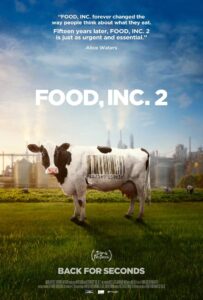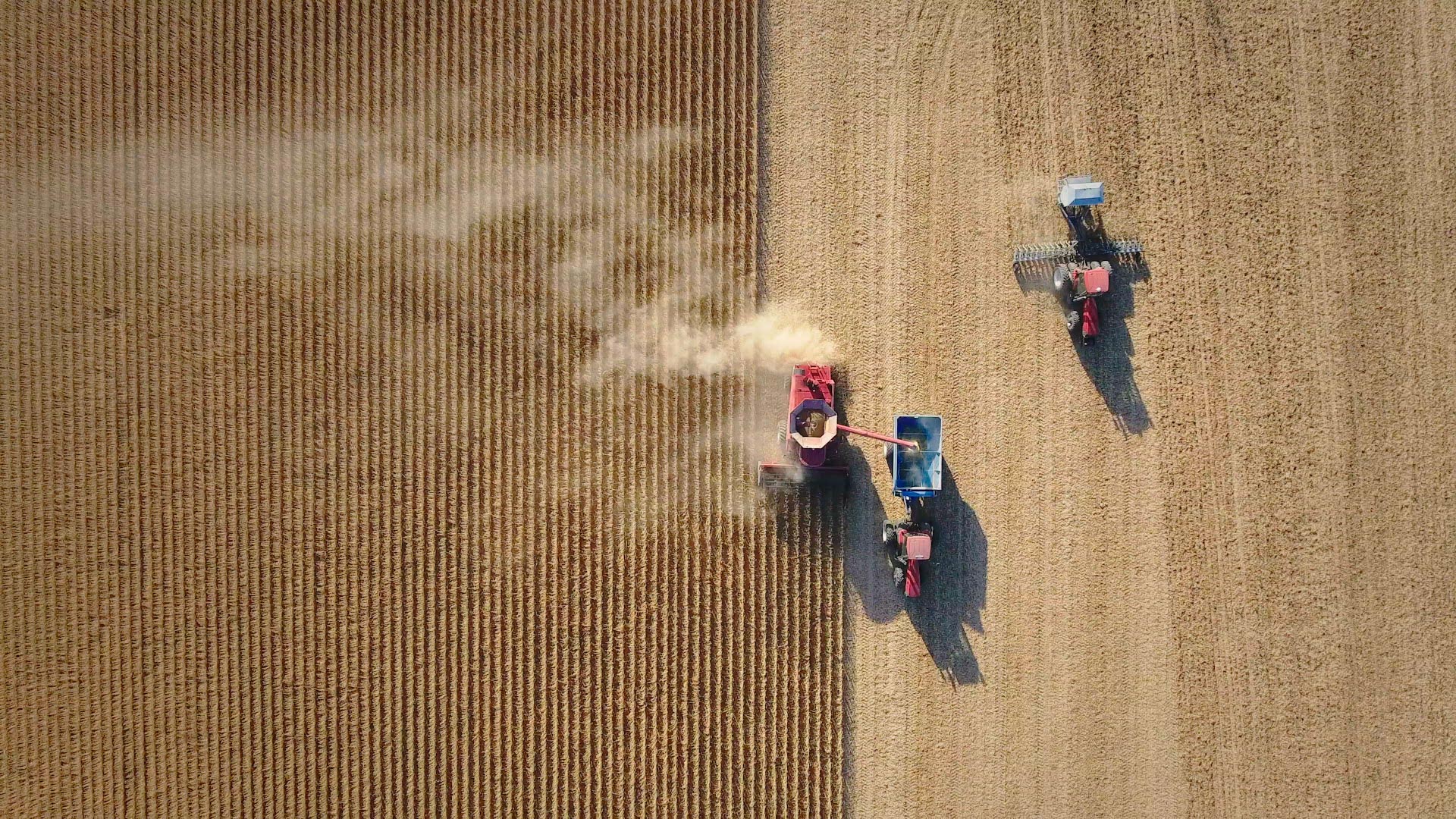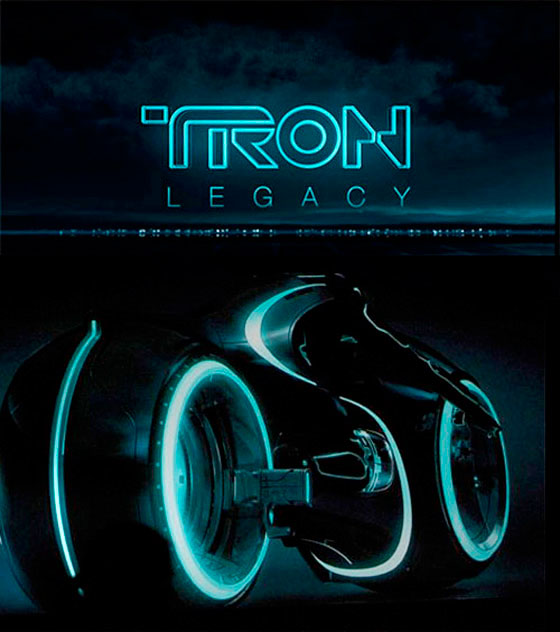In 2024, the world braces for the impactful release of “Food Inc. 2”, a sequel that promises to dive deeper into the complex nexus of global food production, ethics, and sustainability. With Robert Kenner and Melissa Robledo at the helm, this documentary ventures into the depths of an industry shadowed by monopoly power and consumer exploitation, revealing the multifaceted challenges of achieving meaningful change.
Vision and Catalyst
The inception of “Food Inc. 2″ was rooted in the realization that the battle for a just food system requires more than consumer awareness; it demands a profound structural transformation. The pandemic-era upheaval in meatpacking plants, marked by harrowing COVID-19 outbreaks, served as an immediate catalyst for the film. Yet, as Kenner and Robledo embarked on this journey, the narrative organically expanded to encapsulate broader issues plaguing our food systems, from monopolistic dominance to the insidious rise of ultra-processed foods.

Food Inc. 2 Director Robert Kenner has been called a master of the documentary form and has won an array of awards for his entertaining and insightful documentary work over the past 30 years.
Directorial Aspirations
The directors’ statement reflects a poignant understanding that the sequel is not merely an extension of its predecessor but a broader exploration driven by contemporary urgencies. Kenner and Robledo, armed with decades of documentary experience, navigate this expedition with a blend of critical insight and empathetic storytelling, aiming to lay bare the realities faced by workers, consumers, and the environment at large under the current food regime.
“When we made the first Food, Inc., we thought that if viewers got to see how our food is made, we could change the food system one bite at a time. Fifteen years later, it’s clear that ethical shopping isn’t enough, that meaningful change is going to require breaking up the handful of very large and very powerful companies that dominate the food industry. So, while we never intended to make a sequel to Food, Inc., we found ourselves reconnected to food issues when meatpacking plants became COVID hotspots in 2020 and Americans from coast to coast suddenly faced food shortages. Although the pandemic was the catalyst, the film soon became a much wider exploration of the major issues in our food system such as unchecked monopoly power—and the dangers it now poses to workers, to consumers and ultimately to our world.” – Co-Directors Robert Kenner and Melissa Robledo
Filmmaker Dynamics
The documentary’s depth is catapulted by its illustrious production team. With backgrounds spanning award-winning documentary work and profound literature on food politics, the team, including influential figures like Michael Pollan and Eric Schlosser, embodies a diverse spectrum of expertise and perspectives. This collective force enriches the documentary, ensuring a narrative that is not only informative but deeply transformative.
Michael Pollan is a writer, teacher and activist. He teaches writing in the English department at Harvard and at UC Berkeley’s Graduate School of Journalism, where he has been the John S. and James, L. Knight Professor of Journalism since 2003. His most recent book, How to Change Your Mind: What the New Science of Psychedelics Teaches Us About Consciousness, Dying, Addiction, Depression and Transcendence, was published in 2018. Like Eric Schlosser has written three non-fiction books: Fast Food Nation (2001), Reefer Madness (2003), and Command and Control (2013), which was a finalist for the Pulitzer Prize in History.
Challenges on the Frontlines
The production phase was fraught with challenges, from navigating the reluctance and fear among workers in speaking out against the industry giants to confronting the ubiquitous nature of ultra-processed foods that now dominate global diets. These hurdles were met with unwavering determination, as the team employed innovative filmmaking techniques to capture the raw essence of their subjects’ stories, offering viewers a visceral insight into the complexities of food production and consumption.
A Global Perspective
Acknowledging the American food industry’s influence well beyond its borders, “Food Inc. 2” casts a critical eye on the global proliferation of fast food culture and its repercussions on public health and traditional diets. By connecting local narratives with global trends, the documentary underscores the interconnectedness of our food systems and the collective action required to reform them.
Engagement and Impact
As “Food Inc. 2” prepares for its release, it aspires to be more than a documentary; it aims to be a catalyst for systemic change. By shedding light on the obscured corners of the food industry and highlighting the pioneers charting a course towards sustainability, the film calls for a united front against the corporatization of our food.
In weaving these narratives, “Food Inc. 2” seeks not only to educate but to inspire. It invites viewers to reconsider their role within the food system and to join the movement towards a future where food is equitable, sustainable, and nourishing for all.




